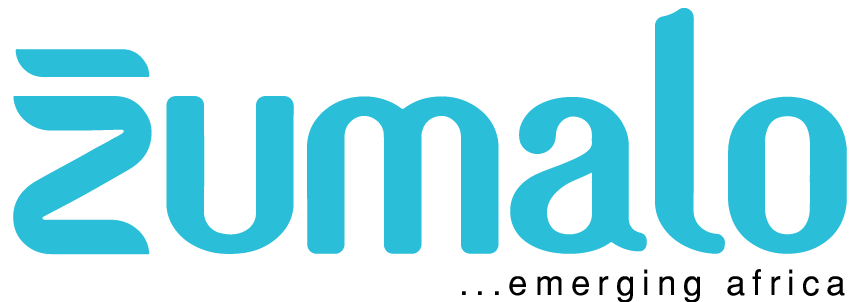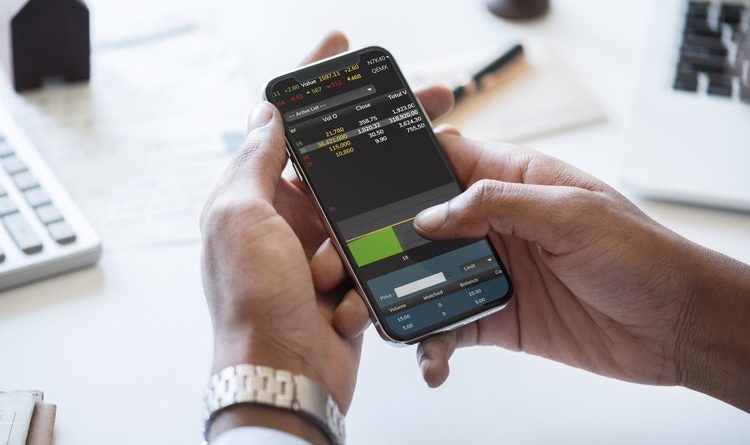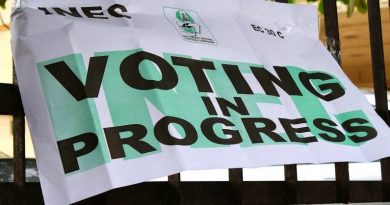Mobile Banking in Nigeria Hits 56% Increase in 2018
As the country continues to experience increased access to mobile phones, it has become a veritable tool for enhancing financial inclusion with the advents of mobile payments, m-commerce, mobile banking and other forms of financial transactions.
Providers of the services have options of adopting various technologies available for enabling access and transmitting data including Short Messaging Service (SMS), Unstructured Supplementary Service Data (USSD), Interactive Voice Response (IVR), Wireless Application Protocol (WAP), custom-made mobile application clients and the SIM Tool Kit (SKT).
However, as adoption continues to climb, USSD may become the future of banking, as mobile banking hit 56% increase in the last three quarters. This reflects that the Nigerians are beginning to feel safe and comfortable doing transactions on their mobile phones—improved trust. The value of transactions in the first nine months of this year rose to 216 Billion Naira from the 2017 figure of 138 Billion Naira, as banks, Fintech and telecommunications companies have intensified efforts to deepen financial inclusion. Similarly, according to data obtained from the Nigeria Interbank Settlement System showed that the volume of transactions on mobile devices increased by 47% in the same period.
In the same vein, in terms of Point of Sales (PoS) activities, transactions worth N1.61tn were carried out on the terminal all over the country from January to September 2018, recording a 102 per cent increase as against N0.98tn in 2017. With reference to the data, the volume of PoS transactions in the country also rose by 99 per cent from 98.73 million in the first nine months of last year to 196.83 million in the same period of this year.

USSD requires no smartphone and internet access, making it easily accessible and the recent relaunch of mCash this year, means we may begin to see more traction in using this technology. Mobile network operators and 16 banks came together to relaunch the Inter-Bank Settlement system, a mobile payment system for making low-value retail payments for the benefit of low-income buyers and sellers dealing in cash. The initiative aims to engage about 500,000 agent networks in the next two years, who will use Unstructured Supplementary Service Data for payments and remittances.
At the relaunch of mCash in Lagos, the Chief Executive Officer, NIBSS, Adebisi Shonubi stated that records indicated that there was a 12 per cent reduction in the value of transactions for utility bills payment from January to September 2018 compared to the same period last year. The banking industry recorded e-bills payment worth N421bn in the first nine months of 2017 and N372bn in the same period this year.
However, in the first three quarters of the current year, the volume of electronic bills transactions increased by 10 per cent to 788,000 from 715,000 in 2017. To justify this anomaly, the Managing Director, UpperLink Limited, a software development company, Mr Segun Akano, explained that the trend for bills payment had shifted to the USSD mobile payment and agency banking.
He affirmed that the e-bills only capture payment in bank branches. They didn’t capture payments through mobile apps and agency banks. Utility companies have been using a lot of vendors because they noticed that a lot of people are not going to banks, so they have engaged vendors to collect payments for them, especially in remote places.
Mr Akano gave instance of Eko, Kano and Benin Electricity Distribution companies how they don’t wait for people to go to banks to pay their bills; as they’ve set up kiosks for agency banking to collect payment for electricity bills on their behalf.
However, if mobile banking is mainstream, the opportunities for both financial institutions and digital merchants of all kinds are wide open; the future is bright for further adoption of next-generation digital transactions, such as voice-assisted payments.




